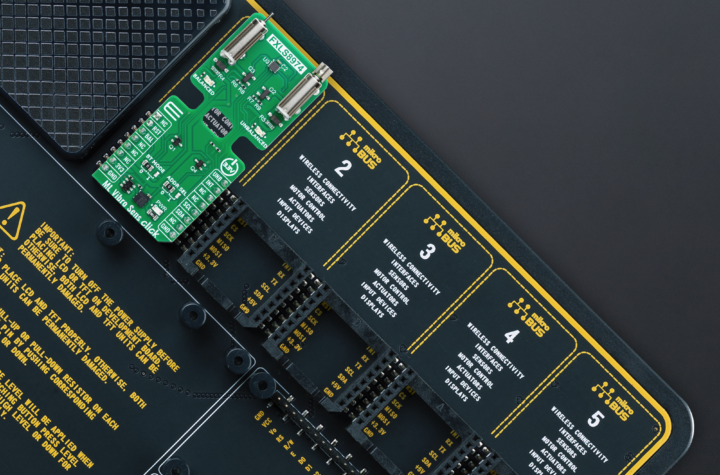
 Quality is front and center in the automotive industry and it is as well in this issue. This is also our 6th Annual Quest For Excellence Issue, just like the 6 in Six Sigma. There is a salute to Ford’s Centennial in this issue and that seems particularly fitting.
Quality is front and center in the automotive industry and it is as well in this issue. This is also our 6th Annual Quest For Excellence Issue, just like the 6 in Six Sigma. There is a salute to Ford’s Centennial in this issue and that seems particularly fitting.
Not always known for quality, it was really Ford’s push for quality in the 1980s that woke up the industry and soon swept through the competition and the supply base of the entire industry.
The quality situation had gotten pretty desperate in the 1970s. I can remember being in a Chrysler plant in Newark, Del., and some of the cars coming off the line had the Aspen badge on one end and the Volare badge on the other.
The quality goes in before the name falls off. It was really a dreadful period for automotive quality. Motivated by the first oil embargo, I bought a new Vega and sold it 10 months later. You could either drive 60 mph or run the air conditioner, but not both. The steering wasn’t worthy of the soap box derby.
Consumer expectations were not met by these autos. Every Chevette sold was like a poison pill that killed a GM customer. Ditto for Pinto and Ford. Let’s hear it for the ambulatory immolation machine. Omni anyone? But park that Toyota in the garage and it didn’t leave an oil spot on the floor, like all U.S. built cars ¡? cheap or expensive ¡? did at the time, including my 229 inch 1976 Buick LeSabre. My 1970 Audi 100 didn’t leak either.
Rude awakenings like this altered consumer expectations and domestic auto builders went Ford first into the quality era. Think of the rust problems Ford used to have.
Solved. Done. The Anticorrosion Committee of the American Iron & Steel Institute disbanded a few years back. Nothing left to discuss. I find that fact fascinating. We used to say that “rust never sleeps,” well now it’s been put to rest. Customer expectations have grown enormously and will continue to as each new platform from every automaker will attempt to raise the bar on quality levels. This is a one way street. Backsliders beware.
Having interviewed executives from the top 10 suppliers in our Quest For Excellence, there is no question that the domestic industry has learned much from the processes and systems that drive quality for the transplants or “new domestics” as someone called them.
These techniques and disciples have transformed quality levels throughout the industry and the gap between traditional domestics and transplants is narrowing. That view was very close to unanimous among those interviewed.
One comment that will stick with me is that “quality is just the ticket to the game. It doesn’t necessarily mean you win.” To win you must also demonstrate the superior innovation, price, service/support and delivery. But it’s quality that allows you to compete.














More Stories
Exploring the Best 2024 Jeep Gladiator Add-ons for Performance and Style
Maximizing Tire Life with the Right Air Pump for Car Tires
Why Car Detailing Is Essential for Your Vehicle’s Longevity